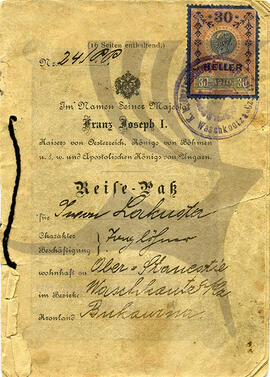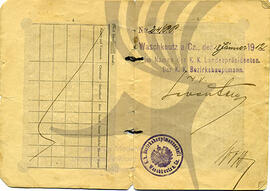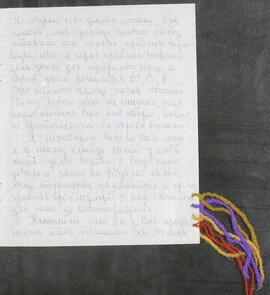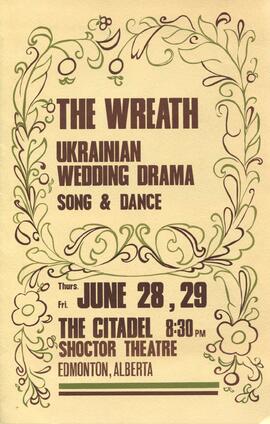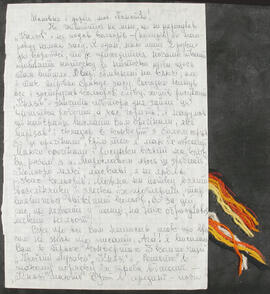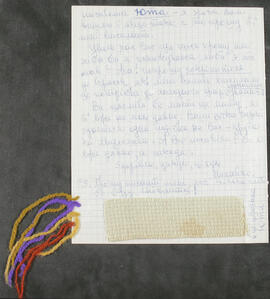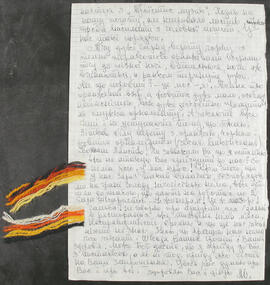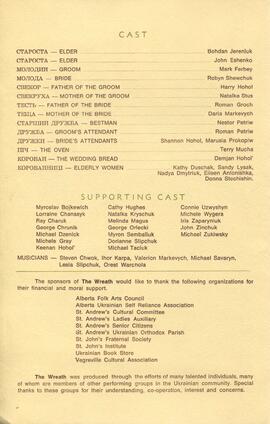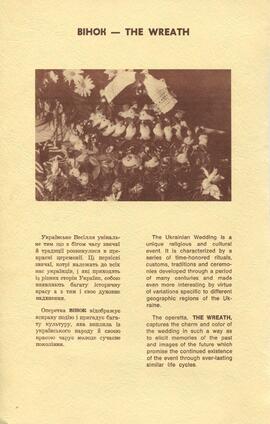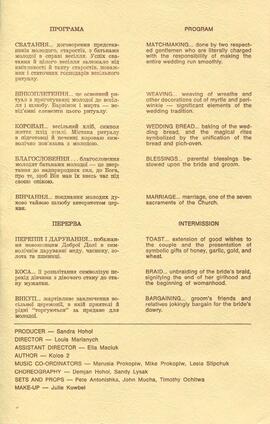Continuation of Presentation by Mr. Petr Czarnowsky: Eastern Europeans, despite their proportion of the population, came to form a large number, often over 50% of ethnic associations in Alberta. This includes ethnic organizations, arts organizations, and linguistic schools. Policies of multiculturalism have helped to form these figures, but have had the unforeseen consequence of adding to confusion about Eastern European ethnic groups on the part of students and teachers alike.
Presentation by Mr. Joanna Mateko on the problems already being faced in the study of Poles. She came from Poland associated with the Polish Academy of Sciences in Warsaw for 15 years. She did work in the field of Polish history, having published numerous articles and co-author of bibliographies that were compiled by the Polish academy of sciences. She does her research on the Poles in Alberta. A problem that exists in the study of Poles is the inaccuracy of academic and official documents pertaining to Polish settlement in Canada, and the difficulty in unearthing accurate depictions and statistics of Polish settlers, and Slavic settlers more generally. This can be derived from a lack of knowledge from Canadian officials, and a lack of consciousness amongst many Slavic groups, particularly the Poles and Ukrainians.
Presentation by Mr. John Sokolowski, a graduate student in the department of Slavic Languages, his first graduate program was as a Classicist. He does work on the Russians and Belarussians. He started his work on the East Slavs, the Russians, Belarussians, and Ukrainians in Alberta. They no longer work on the Ukrainians as so much work has been published. They started their study with the Russians and Belarussians, they hope to determine an accurate number of people of Russian and Belarussian origin in Alberta. Contention on the accurate number of Russians and Belarussians in Canada, as the definition of Russian has changed over time, with many early documents associating many non-Russian ethnic groups as Russian. Dynamics have changed with census records over the years, which still continue to be unreliable. There is thought to be far more Belarussians in Canada than official census documents would suggest.
Presentation by Mrs. Dr. Yermilla Horna University of Calgary Department of Sociology. Dr. Horna was educated in Prague and Bratislava came to Canada in ’58, taking part in the project doing the history of the Czechs and the Slovaks. She got a grant for the study of patterns of adjustment of Czechoslovaks, the so called refugees of 1968-1969. The study focused on pre-1968 settlement of Czechoslovaks in Canada to figure out if incoming refugees had a previous basis to go off of, or had to ‘start from scratch’. Research found majority of Czechoslovaks came to Alberta as miners, farmers, or other labourers, mostly from Slovakia. Greatest wave of Czechoslovak migration prior to 1968 came in 1885. The recording cuts out before she can say more.
